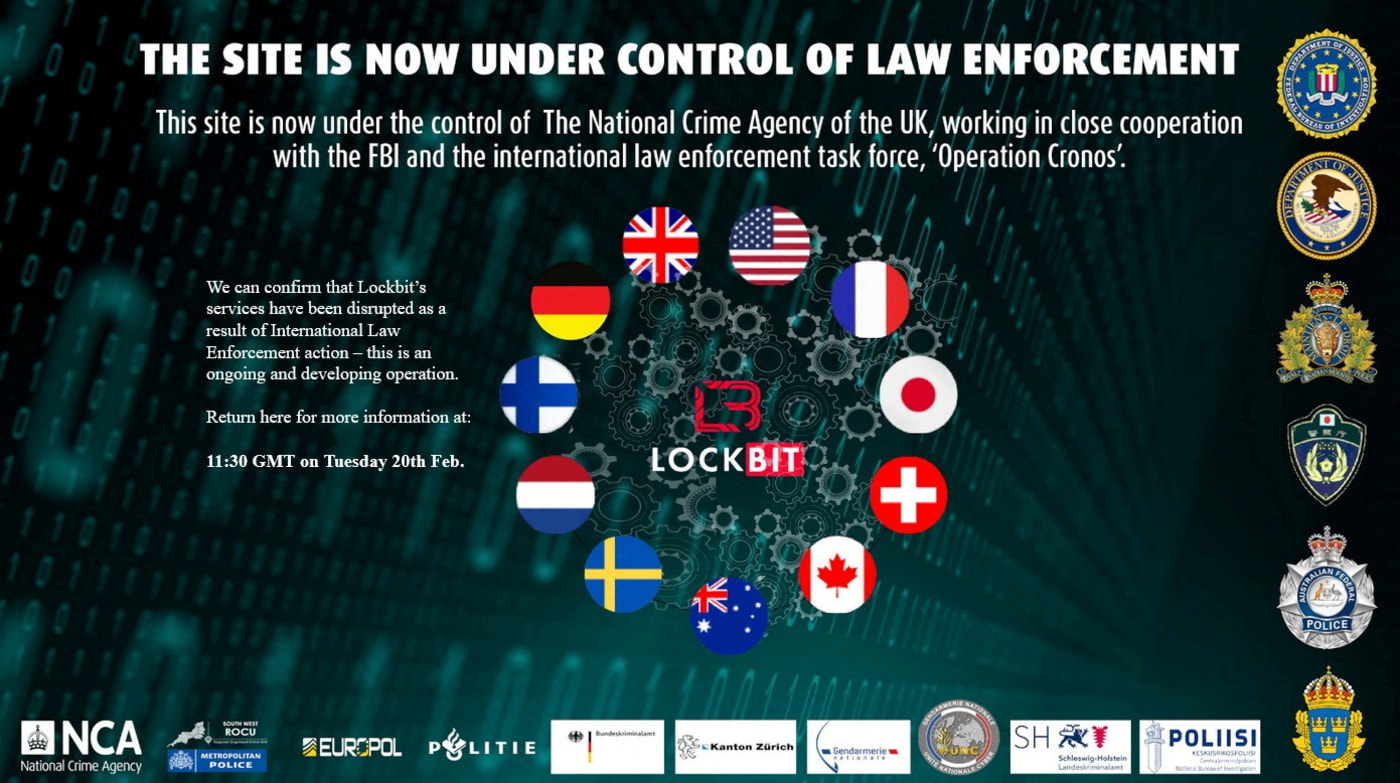The best VPN service for 2024
As with any overly marketed products, the claims around virtual private networks (VPNs) can be fishy. Phrases like “military-grade encryption” or “total anonymity” aren’t verifiable, and certainly won’t help you decide which services suit your browsing needs best. As more of these companies embrace influencer marketing to sell their products, the obscure lingo has only grown, making it a confusing field to navigate, despite VPNs’ importance for online security. We tested nine popular VPNs to demystify the market and help you figure out which are the best VPNs available today.
Table of contents
Best VPNs of 2024
What is a VPN?
VPNs, or virtual private networks, mask your IP address and the identity of your computer or mobile device on the network and creating an encrypted "tunnel" that prevents your internet service provider (ISP) from accessing data about your browsing history. VPNs are not a one-size-fits-all security solution, though.
Instead, they’re just one part of keeping your data private and secure. Roya Ensafi, assistant professor of computer science and engineering at the University of Michigan, told Engadget that VPNs don’t protect against common threats like phishing attacks, nor do they protect your data from being stolen. Much of the data or information is stored with the VPN provider instead of your ISP, which means that using a poorly designed or unprotected network can still undermine your security. But they do come in handy for online privacy when you’re connecting to an untrusted network somewhere public because they tunnel and encrypt your traffic to the next hop.
That means sweeping claims that seem promising, like military-grade encryption or total digital invisibility, may not be totally accurate. Instead, Yael Grauer, program manager of Consumer Reports’ online security guide, recommends looking for security features like open-source software with reproducible builds, up-to-date support for industry-standard protocols like WireGuard (CR's preferred protocol) or IPsec, and the ability to defend against attack vectors like brute force.
Understanding VPNs and your needs
Before considering a VPN, make sure your online security is up to date in other ways. That means complex passwords, multi-factor authentication methods and locking down your data sharing preferences. Even then, you probably don’t need to be using a VPN all the time.
“If you're just worried about somebody sitting there passively and looking at your data then a VPN is great,” Jed Crandall, an associate professor at Arizona State University, told Engadget.
That brings us to some of the most common uses cases for VPNs. If you use public WiFi networks a lot, like while working at a coffee shop, then VPN usage can help give you private internet access. They’re also helpful for hiding information from other people on your ISP if you don’t want members of your household to know what you’re up to online.
Geoblocking has also become a popular use case as it helps you reach services in other parts of the world. For example, you can access shows that are only available on streaming services, like Netflix, Hulu or Amazon Prime, in other countries, or play online games with people located all over the globe.
There are also a few common VPN features that you should consider before deciding if you want to use one, and which is best for you:
What is split tunneling?
Split tunneling allows you to route some traffic through your VPN, while other traffic has direct access to the internet. This can come in handy when you want to protect certain activity online without losing access to local network devices, or services that work best with location sharing enabled.
What is a double VPN?
A double VPN, otherwise known as multi-hop VPN or a VPN chain, passes your online activity through two different VPN servers one right after the other. For VPN services that support this, users are typically able to choose which two servers they want their traffic to pass through. As you might expect, this provides an extra layer of security.
Are VPNs worth it?
Whether or not VPNs are worth it depends how often you could use it for the above use cases. If you travel a lot and rely on public WiFi or hotspots, are looking to browse outside of your home country or want to keep your traffic hidden from your ISP, then investing in a VPN will be useful. But, keep in mind that even the best VPN services often slow down your internet connection speed, so they may not be ideal all the time.
In today's world, we recommend not relying on a VPN connection as your main cybersecurity tool. VPN use can provide a false sense of security, leaving you vulnerable to attack. Plus, if you choose just any VPN, it may not be as secure as just relying on your ISP. That’s because the VPN could be based in a country with weaker data privacy regulation, obligated to hand information over to law enforcement or linked to weak user data protection policies.
For VPN users working in professions like activism or journalism that want to really strengthen their internet security, options like the Tor browser may be a worthwhile alternative, according to Crandall. Tor is free, and while it's less user-friendly, it’s built for anonymity and privacy.
How we tested VPNs
To test the security specs of different VPNs and name our top picks, we relied on pre-existing academic work through Consumer Reports, VPNalyzer and other sources. We referenced privacy policies, transparency reports and security audits made available to the public. We also considered past security incidents like data breaches.
We looked at price, usage limits, effects on internet speed, possible use cases, ease of use, general functionality and additional “extra” VPN features like multihop. The VPNs were tested across iOS, Android and Mac devices so we could see the state of the mobile apps across various platforms (Windows devices are also supported in most cases). We used the “quick connect” feature on the VPN apps to connect to the “fastest” provider available when testing internet speed, access to IP address data and DNS and WebRTC leaks or when a fault in the encrypted tunnel reveals requests to an ISP.
Otherwise, we conducted a test of geoblocking content by accessing Canada-exclusive Netflix releases, a streaming test by watching a news livestream on YouTube via a Hong Kong-based VPN and a gaming test by playing on servers in the United Kingdom. By performing these tests at the same time, it also allowed us to test claims about simultaneous device use. Here are the VPN services we tested:
Read more: The best password managers for 2023
Other VPN services our experts tested
NordVPN
NordVPN didn’t quite make the cut because it’s overhyped, and underwhelming. As I've written in our full review of NordVPN, the pricing, up to $14.49 for a “complete” subscription, seemed high compared to other services, and its free or lower cost plans just didn’t have the same wide variety of features as its competitors.
TunnelBear
Despite the cute graphics and user friendliness, TunnelBear wasn’t a top choice. It failed numerous basic security tests from Consumer Reports, and had limited availability across platforms like Linux. It did, however, get a major security boost in July when it updated to support WireGuard protocol across more of its platforms.
Bitdefender VPN
Bitdefender doesn’t offer support for devices like routers, which limits its cross-platform accessibility. It also lacked a transparency report or third-party audit to confirm security specs.
Atlas VPN
Atlas ranked lower on our speed tests compared to the other VPNs tested, with a notably slower difference on web browsing and streaming tests. It was a good option otherwise, but could easily cause headaches for those chasing high speed connections. Security-wise, an Atlas VPN vulnerability leaked Linux users’ real IP addresses.
VPN FAQs
What are some things VPNs are used for?
VPNs are traditionally used to protect your internet traffic. If you’re connected to an untrusted network like public WiFi in a cafe, using a VPN hides what you do from the internet service provider. Then, the owner of the WiFi or hackers trying to get into the system can’t see the identity of your computer or your browsing history.
A common non-textbook use case for VPNs has been accessing geographically restricted content. VPNs can mask your location, so even if you’re based in the United States, they can make it appear as if you’re browsing abroad and unblock access. This is especially useful for streaming content that’s often limited to certain countries, like if you want to watch Canadian Netflix from the US.
What information does a VPN hide?
A VPN doesn’t hide all of your data. It only hides information like your IP address, location and browser history. A common misconception is that VPNs can make you totally invisible online. But keep in mind that the VPN provider often still has access to all of this information, so it doesn’t grant you total anonymity. You’re also still vulnerable to phishing attacks, hacking and other cyberthreats that you should be mindful of by implementing strong passwords and multi-factor authentication.
Are VPNs safe?
Generally, yes. VPNs are a safe and reliable way to encrypt and protect your internet data. But like most online services, the safety specifics vary from provider to provider. You can use resources like third-party audits, Consumer Reports reviews, transparency reports and privacy policies to understand the specifics of your chosen provider.
What about Google’s One VPN?
Google One subscriptions include access to the company’s VPN, which works similarly to other VPNs on our list, hiding your online activity from network operators. However, Google announced recently that it plans to shut down the One VPN because "people simply weren’t using it." There's no specific date for the shutdown, with Google simply saying it will discontinue the service sometime later in 2024. Pixel phone owners, however, will continue to have access to the free VPN available on their devices.
Recent updates
June 2024: Updated to include table of contents.
November 2023: This story was updated after publishing to remove mention of PPTP, a protocol that Consumer Reports' Yael Grauer notes "has serious security flaws."
This article originally appeared on Engadget at https://www.engadget.com/best-vpn-130004396.html?src=rss

© Engadget





